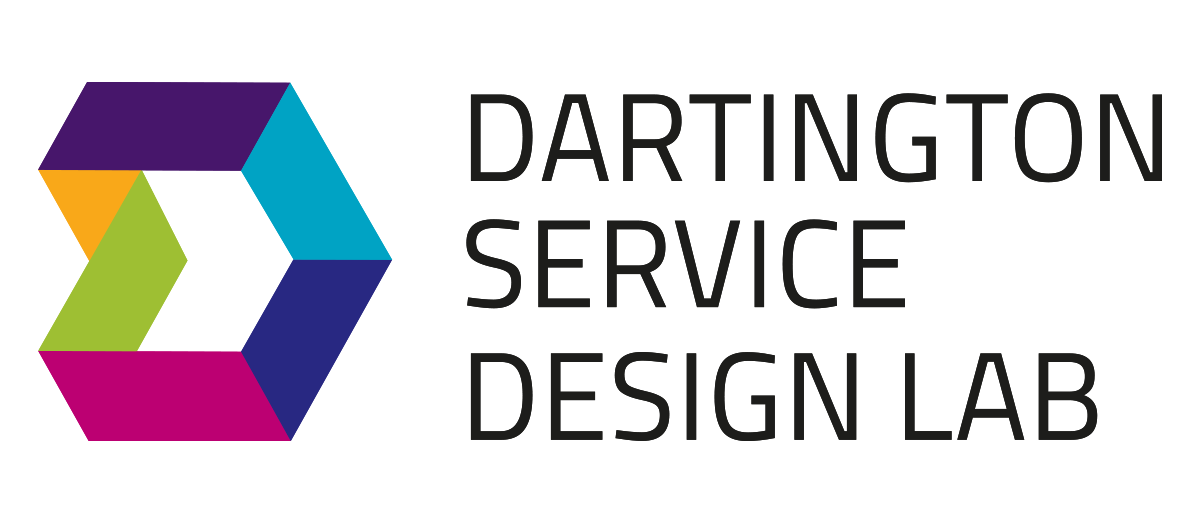Dartington Service Design Lab partnered with University of Cambridge Centre for Research in Play in Education Development and Learning (PEDAL) to develop new virtual ways to support parents and children to engage in book sharing, which has traditionally been done face-to-face . We are now releasing the final report from this work and sharing our learning for others to put into practice.
Read MoreAt the Lab, we’ve been developing and refining our approach to facilitating systemic change, by generating and integrating diverse evidence of what children and young people need and want. We have had varying degrees of success. We’re releasing our report from the Early Action Project in Renfrewshire to both reflect on our experiences of trying to bring about systemic change in children’s services and encourage others to learn from our approach, to support the long-term sustainability of systems change that is both wanted and needed.
Read MoreThis year, youth services faced new challenges in engaging young people, particularly young people at risk of becoming involved in violence. As the Learning Partner for the Youth Endowment Fund’s special COVID-19 Grant round, we’ve had the opportunity to understand more about how organisations – ranging from grassroots charities to Britain’s largest local authorities – have managed to adapt programmes to continue to engage young people during the pandemic. In this blog, we look at how working with parents, carers and siblings can help organisations to maintain positive relationships with young people through the rest of the COVID-19 pandemic.
Read MoreDomestic abuse charities and campaigners have long highlighted the emotional impact of domestic abuse - and in particular the impact of coercive and controlling behaviours. We've seen the results of these hard years of campaigning and raising public awareness in Parliament testimonies, mainstream media, and ultimately in law and have more understanding now more than ever, of the devastating effects it can have on victims’ mental health. The ongoing Early Action Systems Change partnership work between Dartington, Renfrewshire Council, Engage Renfrewshire, Renfrewshire Health and Social Care Partnership and a range of voluntary services, has highlighted coercive control in relationships can start before adulthood, and that this experience might prevent victims from accessing mental health support.
Read MoreThose who know us well will know this is a departure from our area of focus: children, young people, and families. But supporting the use of evidence through co-design and rapid iteration is at the heart of our work. That is why we teamed up with Nesta, the British Heart Foundation (BHF), Macmillan Cancer Support and UCL on the ‘Reimagining Help’ guide, a toolkit for service and system leaders to design support that helps people reach the goals that matter most to them.
Read MoreThe COVID-19 emergency is demanding radical changes in how public systems, communities and civil society organisations support those in need across the UK. Funders, Government and Civil Society are rallying in support. With so much activity taking place at an unprecedented pace, it is imperative we learn from elsewhere and each other. We’ll be working with the Collaborative to bring learning from the outside in, and learning from the inside, out. Here we provide a brief overview of how we expect this will look and evolve.
Read MoreIn 2015, the Lab joined forces with the Family Nurse Partnership (FNP) National Unit to collaborate on the ‘ADAPT’ programme, the second generation of the FNP service aimed at improving outcomes for children and young parents and reducing inequalities. We set out to enhance the flexibility of the existing service and improve the efficiency of the programme. Five years after beginning the project, we are pleased to join FNP in launching the final report with all our many learnings and recommendations from the experience.
Read More





